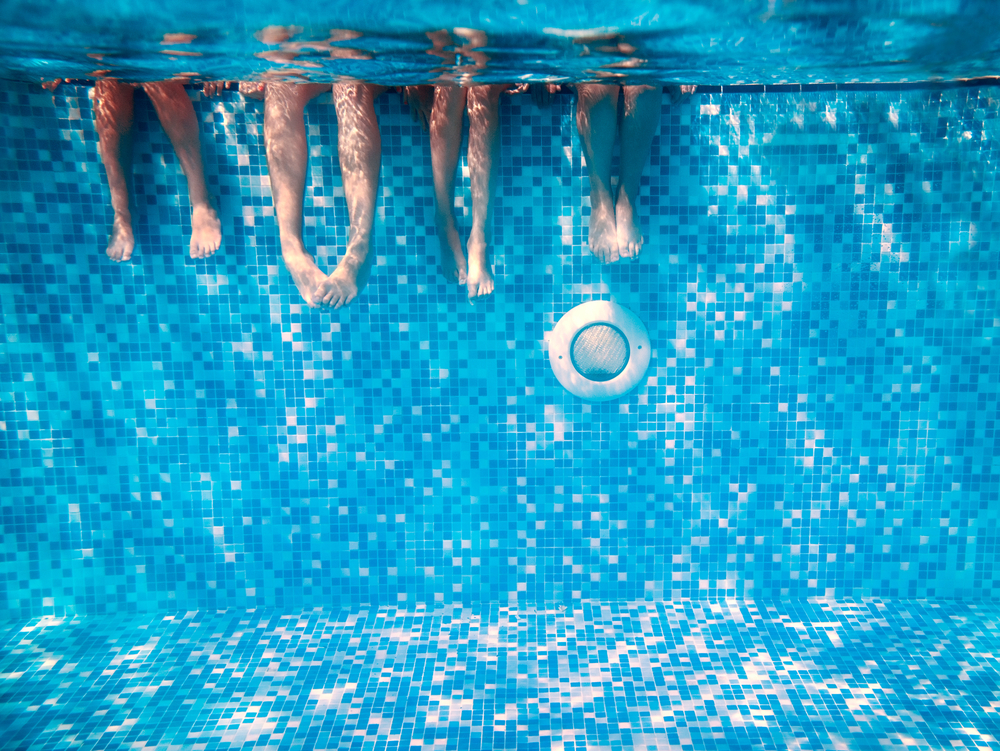A large private pool is the ultimate dream of many homeowners, and rightfully so. Apart from being a great place to relax and host parties, swimming pools also work as a super effective exercise aid.
Nonetheless, there are lots of misconceptions and myths that are often peddled around in regard to swimming pools, some of which force many prospective pool owners to shelve their plans. Today, we will take 3 of the most common myths and see how they fare on the truth meter. If you are a pool owner or looking to own one in the near future, there is a big chance that you’ve had these 3 “truths”.
The Chlorine Smell Will Take Over Your Pool
This particular myth has its roots in the fact that Chlorine has a naturally strong smell. However, once you apply the recommended amount of the chemical into your pool, the smell should only linger around for a few seconds and then disappear, leaving only the signature yellow-green color.
Notably, pool water may have a strong smell sometimes, but definitely not due to the chlorine itself. Matter of fact, chlorine is extremely essential to keeping the pool clean and well maintained. Mostly, it is chloramines – basically compounds formed when the chlorine mixes with swimmers’ sweat, urine, and the water itself – that make pool water smell bad.
Don’t Swim Immediately After Eating
Some people believe that one should only get inside a pool on an empty stomach or at least one hour after taking a meal. The myth goes that if you hit the pool right after eating, the pool water will give you very painful stomach cramps that make it nearly impossible to swim, causing you to drown.
While the myth is not entirely true nor practical in most situations, it does have a bit of scientific backing. Digestive science suggests that the process of digestion requires lots of oxygenated blood. To meet these demands, some of the blood (and oxygen) meant to go to the brain and other muscles is diverted to the stomach. Swimming when digestion is at its peak means that the amount of blood that goes to the stomach will be reduced since the other muscles need the oxygenated blood to help you stay afloat. The shortage of these resources to the stomach may result in abdominal spasms of varying extremities. Nonetheless, the chances of drowning are very minimal if you have basic swimming skills.
Chlorine Messes Your Hair Color
One of the biggest discussions in many swimmer circles is whether chlorinated water affects hair color or not. A lot of people believe that it can, and are therefore extra cautious not to let their hair touch the water when swimming. These fears are, however, deeply unfounded as chlorine has no discoloration effects on non-chemical items.
If you’ve ever had your hair discolored after swimming, chances are that the pool water was treated with algaecides and not chlorine alone. Most algaecides contain dissolved metals such as copper, manganese and iron, all of which are known to damage both skin and hair. As a precaution, when going to public pools, pre-condition your hair with a healthy conditioner and then wash it immediately you leave the pool with a shampoo containing ascorbic acids or Ethylenediamine Tetracetic Acid (EDTA).
